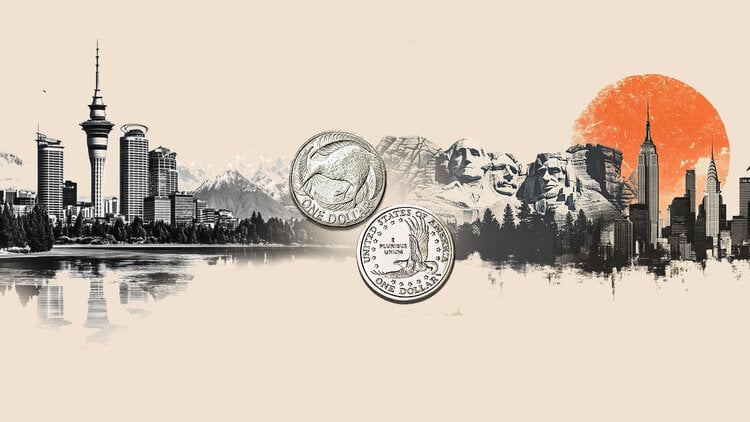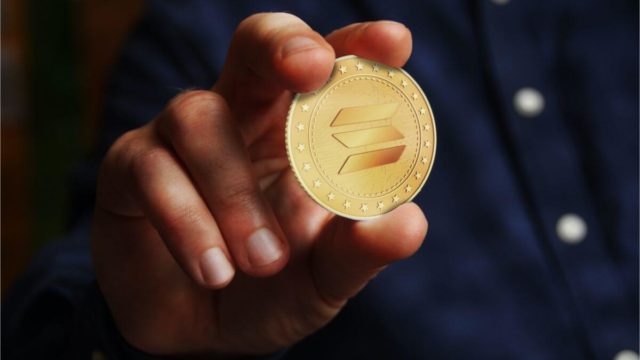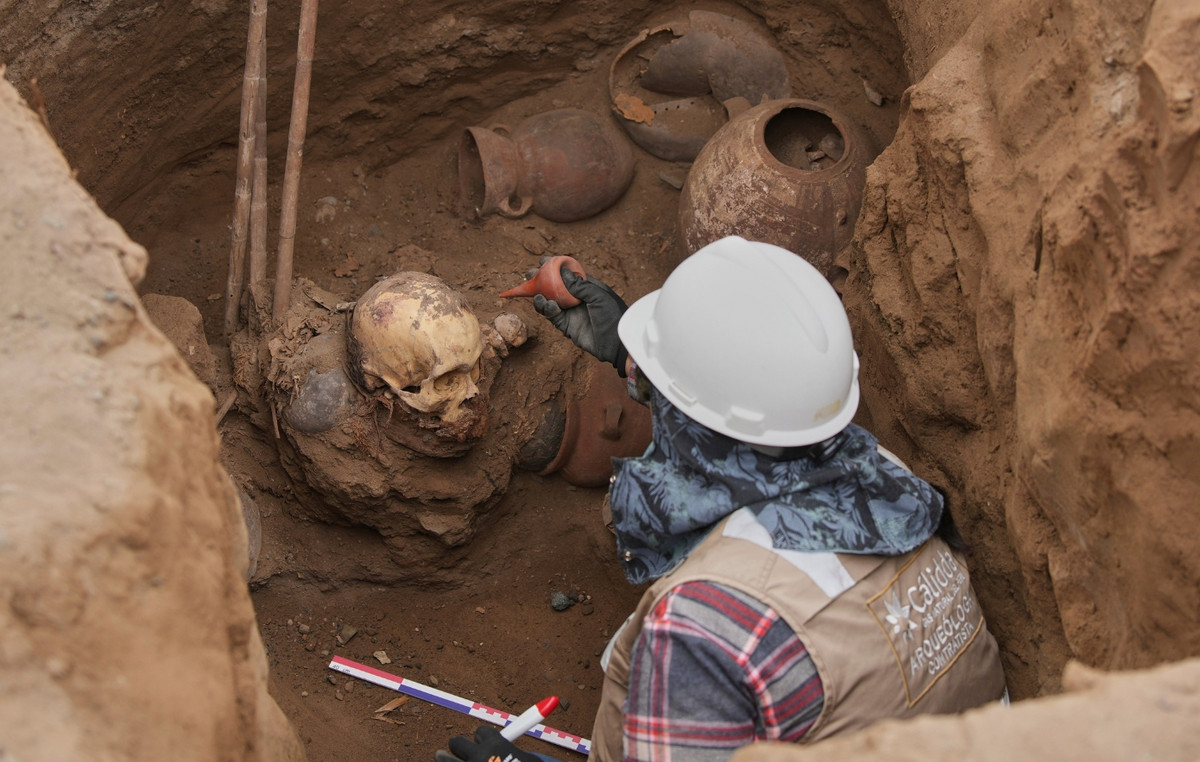the campaign of Donald Trump guided, through an e-mail, a group of Georgia Republicans to meet in secret and hide the objectives of the meeting. The electronic message was obtained by federal prosecutors during a recent investigation into the former president’s efforts to overturn the 2020 presidential election results in several key victory states.
Obtaining the email is part of an intensification of the Justice Department’s due diligence, focused on the Trump campaign’s interactions with so-called “fake voters” in states that Trump lost to the Democrat. Joe Biden . The agency analyzes whether the scheme can be considered a crime.
Georgia’s email had not been publicly released until now. It was sent by Robert Sinners, the campaign’s operations leader on Election Day in Georgia, December 13, 2020, 18 hours before the group of alternate voters convened at the Georgia State Capitol, according to interlocutors.
“I must ask for your complete discretion in this process,” Sinners wrote. “Their duties are imperative to ensure the end result – a victory for President Trump in Georgia – but they will be undermined unless we have complete secrecy and discretion.”
The Fulton County, Georgia District Attorney’s Office, which established its own jury to investigate Trump’s attempts to overturn the state’s election results, and the US House Select Committee also obtained copies on Jan. of e-mail, according to sources heard by the CNN .
The email underscores the Trump campaign’s role in creating false election documents as a way to overturn Biden’s likely Georgia victory. Such as CNN previously reported, Trump re-election officials oversaw efforts to present fake voters in seven key states that Trump lost.
In the email, Sinners also told Trump voters to misdirect security guards when they arrived at the Electoral College. The recommendation was that they speak to guards who were attending a meeting with two state senators, Brandon Beach and Burt Jones.
“Please at no time should you mention anything related to presidential voters or speak to the media,” Sinners wrote.
The Washington Post also reported on the email on Monday (6).
A campaign interlocutor explained that secrecy was necessary due to restricted access to headquarters during the coronavirus pandemic and the post-election political turmoil. The need to meet at the government office was paramount to making the list of false voters potentially viable under the law if Biden’s victory was in doubt, the source said.
The Trump campaign and the Georgia Republican Party did not respond to requests for comment this week.
Elie Honig, Senior Legal Analyst at CNN and former federal prosecutor, noted that the email could become part of a conspiracy investigation because it could show that the scheme went beyond small talk and instead involved the campaign giving specific guidance to voters. He also underscored the significance of asking voters to conceal their actions.
“A prosecutor would argue with a jury, ‘Why the secrecy? What were they hiding?” Honig said.
Federal investigation grows
In recent weeks, federal criminal investigations into voters in Georgia and at least one other state have grown in seriousness.
A federal grand jury subpoenaed documents and the FBI last month interviewed witnesses about Trump voters and campaigns, seeking details about the signing and submission of official election documents and the planning that brought the slates together. The subpoenas asked witnesses for communications with Republican voters as well as key campaign officials.
The subpoenas represent a flurry of investigative activity by the Justice Department in recent weeks to take the extensive investigation — the largest in the Justice Department’s history, beyond the protesters who ransacked the Capitol on Jan. who worked in politics organizing around Trump.
The escalation of the investigation comes as Justice Department officials watch the calendar progress, with midterm elections scheduled for less than six months. Senior Justice officials are aware that later this summer, open investigative activities, such as the issuance of subpoenas, may be suspended. Department guidelines traditionally require prosecutors to avoid interfering in an impending election.
Meeting, however, was not secret
It is unclear whether the individuals who received Sinners’ instructions read the message or followed the confidentiality requests, a spokesperson told CNN .
In Wisconsin – another state where Trump introduced fake voters after his defeat – voters also met in secret. A Trump voter in Wisconsin said the secrecy was for security reasons, although the Wisconsin Republican Party disputed that the meetings were secret.
Sinners told CNN this week that in late 2020 was working under the direction of Trump campaign lawyers and Georgia Republican Party President David Shafer, who was a voter. “I was advised by lawyers that this was necessary to preserve the longevity of the pending legal challenge,” he said.
“Following the former president’s refusal to accept the election results and allow for a peaceful transition of power, my views on this matter have significantly changed from where they were on December 13,” Sinners added.
He now works in the office of Georgia Secretary of State Brad Raffensperger, who withstood pressure from Trump after the election.
Shafer’s lawyer told CNN his client didn’t try to keep things a secret.
“None of these communications, nor his testimony, suggests that Mr. Shafer requested or desired confidentiality around provisional voters,” said attorney Robert Driscoll. “Quite the contrary, President Shafer invited TV news cameras into the process, and both issued a statement and gave a televised interview immediately afterwards.”
Beach and Jones, with whom voters were supposed to meet, also did not respond to requests for comment.
None of the state officials were drafted to be an alternate voter, but Jones entered as one when one of Trump’s voters withdrew on the day of the meeting, according to documentation from Trump supporters released by the federal government.
The voter meeting ultimately did not take place under such a cloak of secrecy. At least one local media outlet captured video of voters voting for Trump. Georgia Republican Party Chairman David Shafer was also interviewed at the time explaining that the group wanted to provide an alternate list should Trump succeed in any of his court challenges.
He did not go.
*Sara Murray and Marshall Cohen contributed to this story
Source: CNN Brasil







